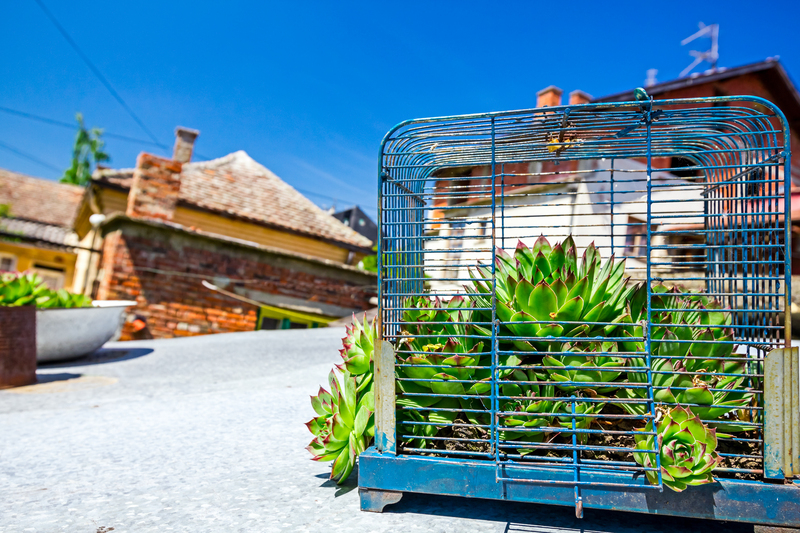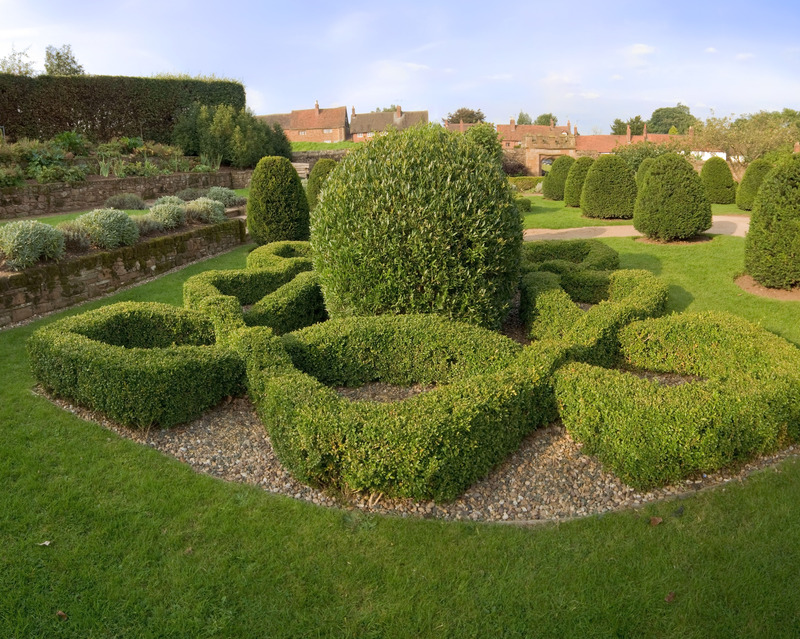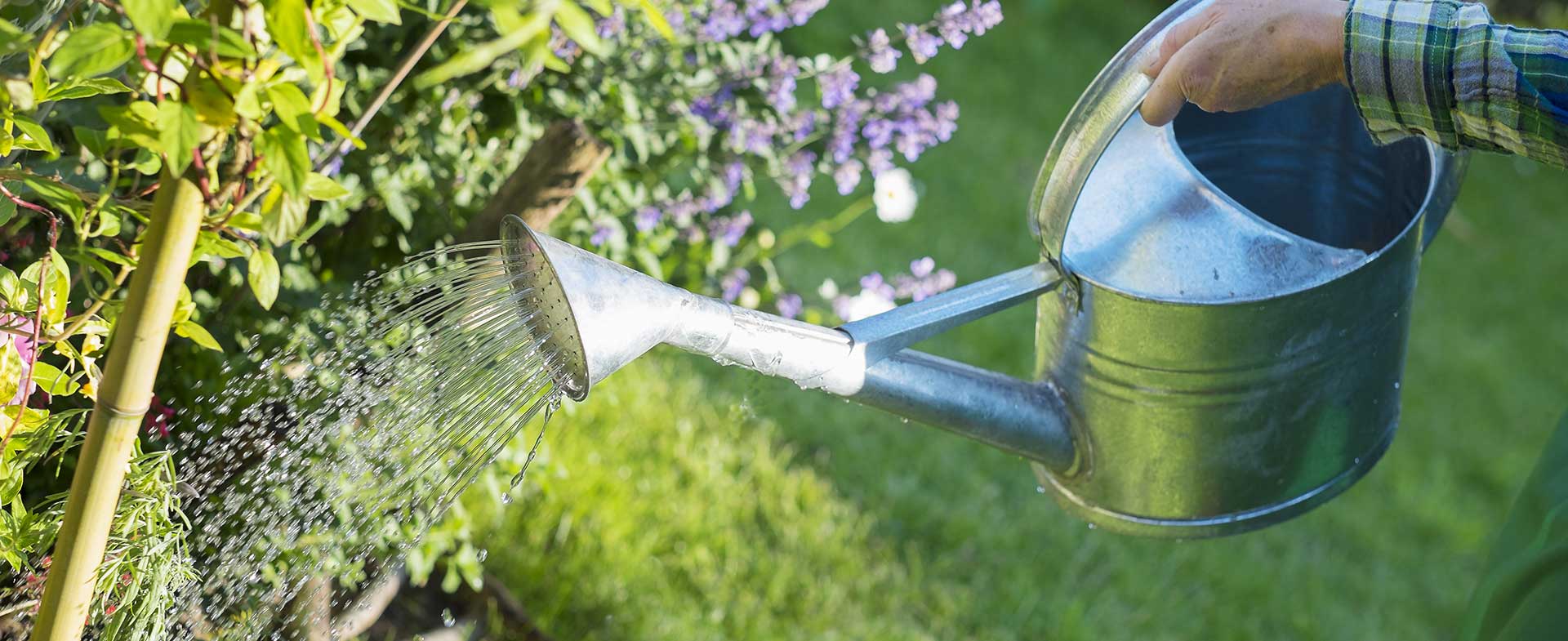Your First Garden: 9 Must-Have Tips for Budding Green Thumbs
Posted on 15/06/2025
Your First Garden: 9 Must-Have Tips for Budding Green Thumbs
Are you dreaming of vibrant blooms, fresh vegetables, or a lush green retreat right in your backyard? Starting your first garden is a rewarding journey, but for many budding green thumbs, the process can seem daunting. From choosing the perfect plants to understanding seasonal care, a successful garden requires a blend of knowledge, planning, and a touch of patience. Whether you're sowing in the city or tending a rural plot, these 9 essential tips will set your gardening journey on the right track.
1. Choose the Right Location for Your First Garden
One of the fundamental decisions for aspiring gardeners is where to start. Garden placement can dramatically affect your plants' health and productivity.
- Sunlight: Most vegetables and flowering plants need at least 6-8 hours of sunlight daily.
- Accessibility: Place your garden where it's easily accessible for watering, weeding, and harvesting. The closer it is to your home, the more likely you are to keep up with regular care.
- Protection: Consider wind protection and proximity to large trees whose roots may compete for nutrients.
Pro tip: Observe your yard throughout the day to track where sunlight falls and how shade shifts with the seasons.

2. Understand Your Soil
The soil is the foundation of every thriving garden. Before planting, it's crucial to assess and amend your soil for optimal growth.
Test Your Soil
- Texture: Squeeze a handful of soil. Sandy soils fall apart, clay soils clump together, and loam holds its shape but crumbles easily - this is ideal.
- pH Level: Most plants prefer slightly acidic to neutral soil (pH 6.0-7.0). Inexpensive home test kits are available at garden centers.
Improve Soil Quality
- Add compost or organic matter to boost fertility and drainage.
- Mulch to retain moisture, reduce weeds, and enrich the soil as it decomposes.
Consider it a golden rule for every first-time garden: healthy soil, healthy plants.
3. Start Small and Grow With Confidence
It's tempting to envision a sprawling, abundant garden right away. However, starting small will help you avoid becoming overwhelmed and allow you to focus on learning.
- Begin with a small plot, raised beds, or containers if space is limited.
- Focus on a few easy-to-grow plants to build confidence and skills.
Remember: You can always expand next season!
4. Select the Right Plants
When embarking on your first garden adventure, plant selection is crucial. Not all plants thrive in the same conditions, and some are better suited for beginners than others.
Consider Climate and Season
- Choose plants adapted to your USDA Hardiness Zone and planting calendar.
- Opt for disease-resistant varieties for easier care and better results.
Start with Beginner-Friendly Choices
- Lettuce, radishes, and beans are easy and satisfying for edible gardens.
- Sunflowers, marigolds, and zinnias bring color and require minimal upkeep.
Pro tip: Check plant tags or seed packets for growth habits and sun/water requirements.
5. Master Watering Techniques
Efficient watering is one of the most important skills for new green thumbs. Overwatering can be as detrimental as underwatering.
- Water early in the morning to minimize evaporation and reduce disease risk.
- Deep watering encourages roots to grow deeper and stronger.
- Check soil moisture by sticking your finger 1-2 inches into the soil; water only if it feels dry.
Tip: Mulching not only retains soil moisture but also prevents many watering woes in your first-time garden.
6. Feed Your Plants Properly
Fertilizing may seem complicated, but understanding the basics will keep your beginner garden productive.
Understand Essential Nutrients
- Nitrogen (N): for lush leaves and stems
- Phosphorus (P): for strong roots and flower/fruit growth
- Potassium (K): for overall vigor and disease resistance
Select the Right Fertilizer
- Organic options like compost, fish emulsion, or manure are gentle and build long-term soil health.
- Follow package instructions, and avoid over-fertilizing, which can harm plants.
Healthy nourishment is the backbone of a flourishing first garden.
7. Manage Pests and Diseases Effectively
Pest outbreaks and plant diseases can frustrate any novice gardener, but homemade gardens can thrive with a preventive approach.
- Inspect plants regularly for signs of trouble - look for chewed leaves, spots, or discoloration.
- Encourage beneficial insects (like ladybugs and lacewings) to keep harmful pests in check.
- Remove affected leaves/flowers promptly to stop the spread of disease.
When intervention is necessary, choose eco-friendly solutions such as neem oil, insecticidal soap, or homemade sprays. Remember, prevention and early action are key for every first-time garden.
8. Keep a Gardening Journal
One of the best-kept secrets in gardening is record keeping. Documenting your garden journey will help you succeed for years to come.
- Track planting dates, varieties, weather conditions, and your plants' progress.
- Note pests, disease occurrences, and remedies used.
- Record successes, challenges, and ideas for next season.
A gardening journal transforms mistakes into learning opportunities and turns good seasons into repeatable results. Every budding green thumb should build this helpful habit!
9. Practice Patience and Enjoy the Process
Gardening is as much about the journey as it is about the harvest. Your first garden will teach you lessons in patience, resilience, and observation.
- Plants grow at their own pace; don't become discouraged by slow progress.
- Embrace the imperfections - every season brings new surprises and learning moments.
- Celebrate small wins, like your first blooming flower or ripe tomato!
Connecting with nature and witnessing growth firsthand is why so many gardeners return to their plots season after season. Enjoy every moment of cultivating your first garden adventure!

Common Questions for First-Time Gardeners
What is the easiest vegetable for beginners to grow?
Lettuce, radishes, bush beans, and zucchini are excellent starter crops for first-time gardeners. These vegetables germinate quickly and require minimal fuss.
How often should I water my first garden?
Water needs depend on weather, soil type, and plant varieties. In general, most gardens benefit from deep watering once or twice per week rather than daily shallow watering. Always check the soil before watering.
Is it better to plant seeds or buy seedlings?
For many first-time gardens, buying seedlings (young plants) can provide a head start and increase chances of success. However, direct seeding is simple for easy crops like beans, carrots, or sunflowers.
Conclusion: Grow Your Green Thumb with Confidence
Your first garden is more than a plot of soil - it's a space of discovery, inspiration, and growth. With these 9 must-have tips for budding green thumbs, you'll nurture not only healthy plants but a lifelong love for gardening. Remember to start small, pay attention to the basics, and don't be afraid to make mistakes. Each season will bring new lessons and joys.
So, gather your tools, roll up your sleeves, and embark on your first-time gardening journey - your dream garden starts today!

